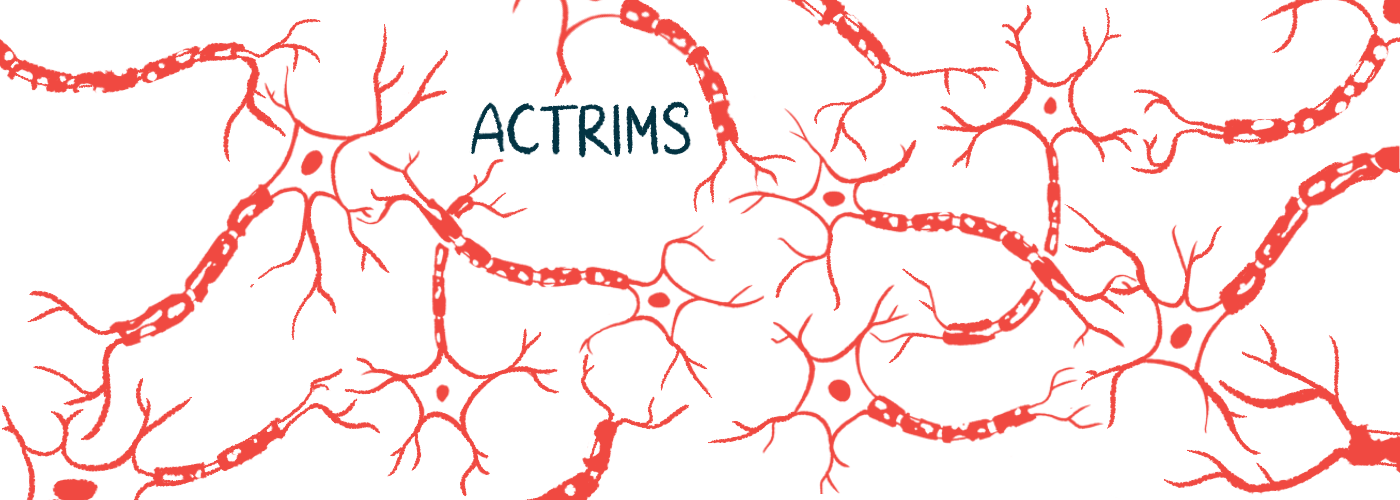ACTRIMS 2023: Astrocyte receptors may help to ease MS cognitive issues
Early research supports TNFR2 receptor's role in protecting thinking processes
Written by |

Activating certain receptors on astrocytes — a type of nerve support cell — may offer a way of treating cognitive problems in multiple sclerosis (MS), according to recent research.
MS mouse models genetically engineered to lack these receptors, called TNFR2, showed signs of greater cognitive problems, whereas cognitive gains were evident in mice with higher-than-normal receptor levels.
Additional experiments are underway to further validate these findings, the researchers noted, with an ultimate goal of “explor[ing] the potential of TNFR2 as a therapeutic target for counteracting cognitive dysfunction in MS.”
Brianna Carney, a neuroscience PhD student at the University of Miami’s Miller School of Medicine, presented the findings in the talk “Role of Astroglial TNFR2 Signaling in Synaptic and Cognitive Function in Multiple Sclerosis,” given at the Americas Committee for Treatment and Research in Multiple Sclerosis (ACTRIMS) Forum 2023, held last week in San Diego.
Greater cognitive problems evident in mice lacking TNFR2 receptors
About two-thirds of MS patients experience some form of cognitive dysfunction, with memory problems, slower thinking, and trouble finding words being some of the most common. These disease symptoms have been associated with impairments in synaptic transmission and plasticity.
Synaptic transmission is the process by which nerve cells chemically communicate with each other, while plasticity refers to the way in which nerve cells adapt this communication to “rewire” the brain in response to new information.
Proper synaptic function also relies on astrocytes, a set of star-shaped nerve support cells in the brain and spinal cord. When communication between astrocytes and nerve cells is disrupted by diseases like MS, cognitive problems ensue, Carney said.
One way this communication happens is via a signaling molecule called tumor necrosis factor (TNF) which binds to two receptors to exert its effects — TNFR1 and TNFR2. Both of these receptors can be found on astrocytes.
Although TNF is critical for synaptic function, in excess it drives inflammation and cell death in MS and other neuroinflammatory conditions. A previous study found overly active TNFR1 signaling in a mouse model of MS, leading to problems in synaptic transmission and cognitive impairments.
While TNFR2 is generally considered to a play a more anti-inflammatory and neuroprotective role than its counterpart in MS models, less is known about whether its activity influences synaptic function and cognition.
To investigate, the researchers genetically engineered mice to lack TNFR2 in astrocytes. These mice exhibited signs of cognitive difficulties in measures of spatial learning and long-term memory.
Impairments in long-term potentiation, a process by which synaptic communication between nerve cells is strengthened that is important for memory formation, also were observed in the mice lacking TNFR2 in astrocytes.
Moreover, TNFR2-deficient mice exhibited significantly greater levels of gliosis, the proliferation of certain cells that drive inflammation — including astrocytes — in a brain region important for memory.
When the researchers induced experimental autoimmune encephalitis, an MS-like disease, in mice without TNFR2 in astrocytes, problems with long-term memory were exacerbated in chronic disease stages compared with diseased mice with normal TNFR2 levels. This was accompanied by changes in the levels of certain proteins related to synaptic function in presymptomatic and symptomatic disease stages.
In contrast, when MS-like disease was induced in mice engineered to have higher-than-normal TNFR2 levels in astrocytes, improvements were seen in associative memory, the ability to learn and remember relationships between things, the researchers reported.
These findings support the idea that “astroglial TNFR2 is protective, and … that TNFR2 agonists [activators] could have a use in counteracting and/or preventing cognitive dysfunction in MS,” Carney concluded.
Note: The Multiple Sclerosis News Today team is providing in-depth coverage of the ACTRIMS Forum 2023 Feb. 23–25. Go here to see the latest stories from the conference. Follow along on Facebook, Twitter, and Instagram for live updates using the hashtag #actrims2023.



